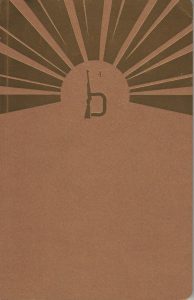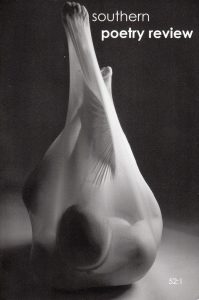Lit Mag News & Bits
Chris Hildebrand is the new Managing Editor for New Madrid, the national journal of the low-residency MFA program at Murray State University.
The First Line has gone “Lorax Friendly” and can now be read on Kindle.
Winter 2012 will be the final print issue of Alimentum Journal: The Literature of Food as they move to online only.
Above and Beyond:
PMS poemmemoirstory last year at their publication party held a collection drive of new children’s books to give to the Aid to Inmate Mothers Story Book Project at the Tutwiler Women’s Prison in Alabama. They collected over 30 books for moms and kids to read together and hope to continue supporting this program.
Thanks to their supporters, CALYX: A Journal of Art and Literature by Women donated 300 copies of their newest book Who in This Room: The Realities of Cancer, Fish, and Demolition by Katherine Malmo to oncology departments, hospitals, women’s centers, and support groups in Oregon, Washington, and nationwide.




